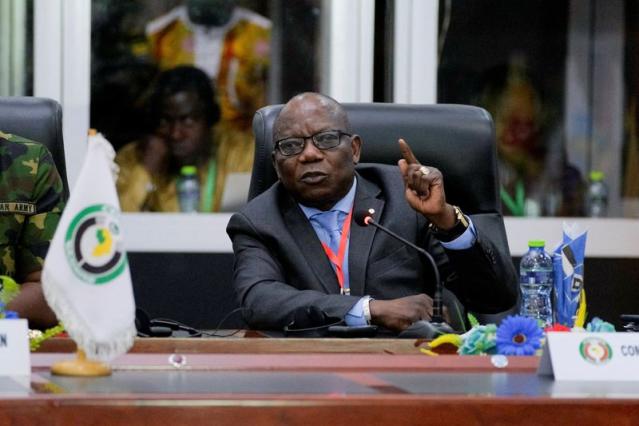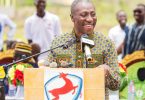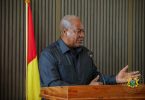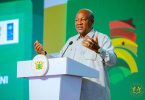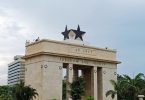The Economic Community of West African States (ECOWAS) has firmly rejected a proposal put forth by Niger’s military junta to hold elections within three years. This decision prolongs a political impasse that has gripped the nation since the coup on July 26th, raising concerns about the possibility of military intervention if no agreement is reached. ECOWAS and other international powers have been tirelessly seeking diplomatic solutions to the tumultuous events in Niger, where this coup marks the seventh in West and Central Africa within just three years.
ECOWAS, known for its commitment to upholding democratic norms in the region, has taken a notably harder stance on Niger compared to its junta-led neighboring countries. After several unsuccessful attempts at dialogue, the regional bloc activated a regional military force that stands ready to intervene if diplomatic efforts fail. This force, although a last resort, underscores ECOWAS’ unwavering determination to restore democratic governance in Niger.
On the brink of this tense situation, the junta eventually acquiesced to meet with an ECOWAS delegation in the capital city of Niamey, signaling a newfound willingness to cooperate. In a televised address to the nation on Saturday evening, General Abdourahamane Tiani, the leader of the junta, asserted that coup leaders remained open to dialogue. However, he also reiterated the junta’s proposal to initiate a transition back to democracy within three years, echoing timelines suggested by other coup leaders in the region.
ECOWAS Commissioner Abdel-Fatau Musah reaffirmed the bloc’s unwavering position in an interview with Reuters on Monday, stating, “Release Bazoum without preconditions, restore constitutional order without further delay.” This demand pertains to the ousted president of Niger, Mohamed Bazoum. Musah explained that the outcome of “ongoing informal discussions” would determine whether ECOWAS would dispatch another mediation mission to Niger, underscoring the organization’s commitment to a peaceful resolution.
The credibility of ECOWAS has been on the line since a series of coups shook the region, undermining the democratic progress achieved over the years. Junta leaders have persistently clung to power, testing ECOWAS’ influence in the region. In response to these challenges, ECOWAS imposed sanctions on Mali last year when interim authorities failed to organize promised elections. These sanctions were lifted only after an agreement was reached to hold elections by 2024. Burkina Faso has also committed to restoring civilian rule next year, while Guinea, under pressure from ECOWAS, recently shortened its transition timeline to 24 months.
Niger has already faced a barrage of international sanctions since the July coup, including measures imposed by ECOWAS. These sanctions have compounded economic pressures on one of the world’s poorest countries, intensifying the urgency for a resolution to the political crisis.
As West Africa watches the unfolding developments in Niger with bated breath, the international community, led by ECOWAS, remains committed to the restoration of democratic governance in the region. The rejection of the junta’s three-year election proposal serves as a clear message that ECOWAS will not compromise on its principles, even if it means resorting to military intervention as a last resort to protect democracy in Niger and the broader West African region.
source;Adomonline

